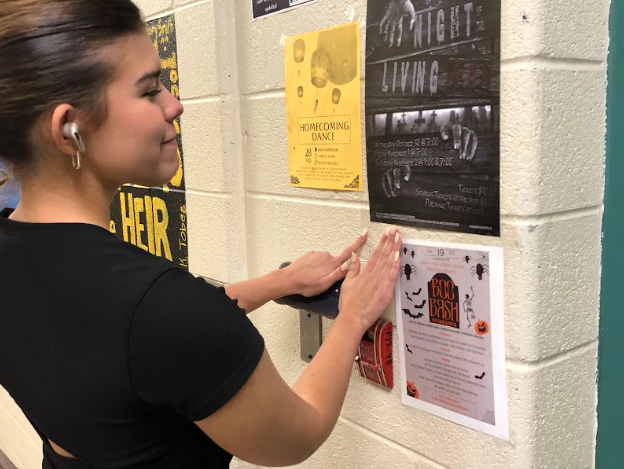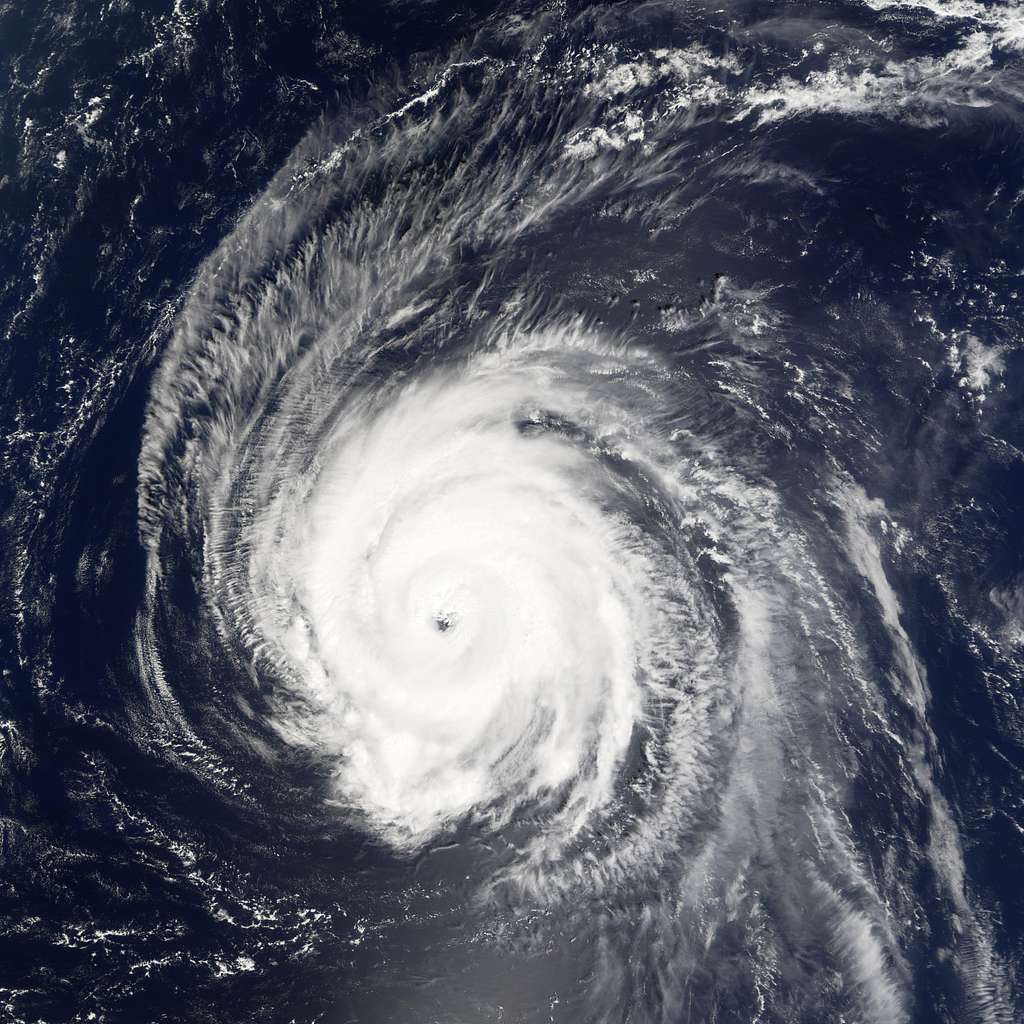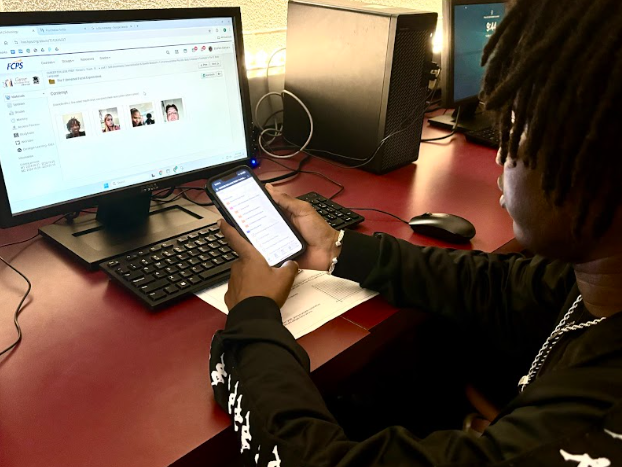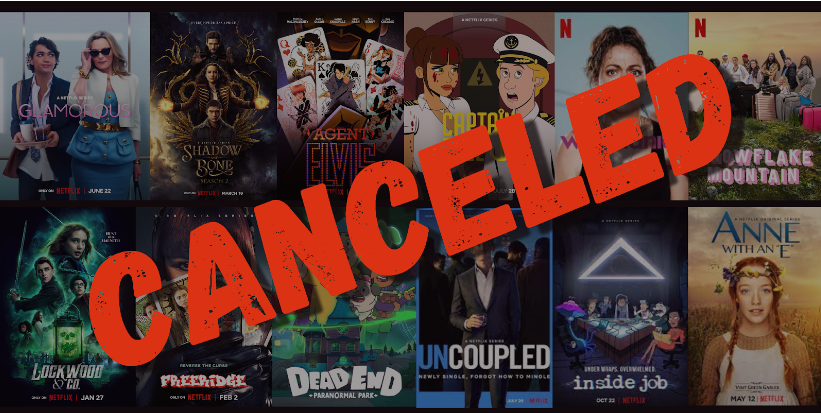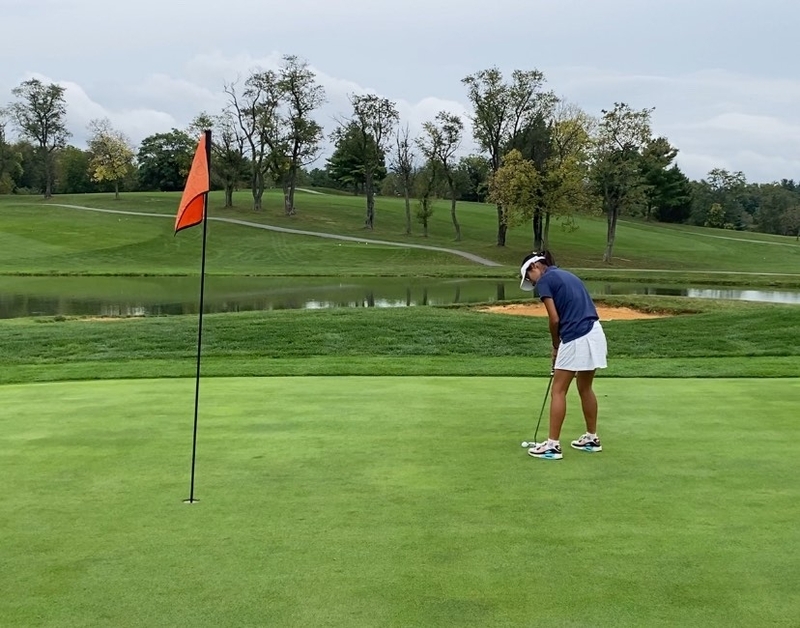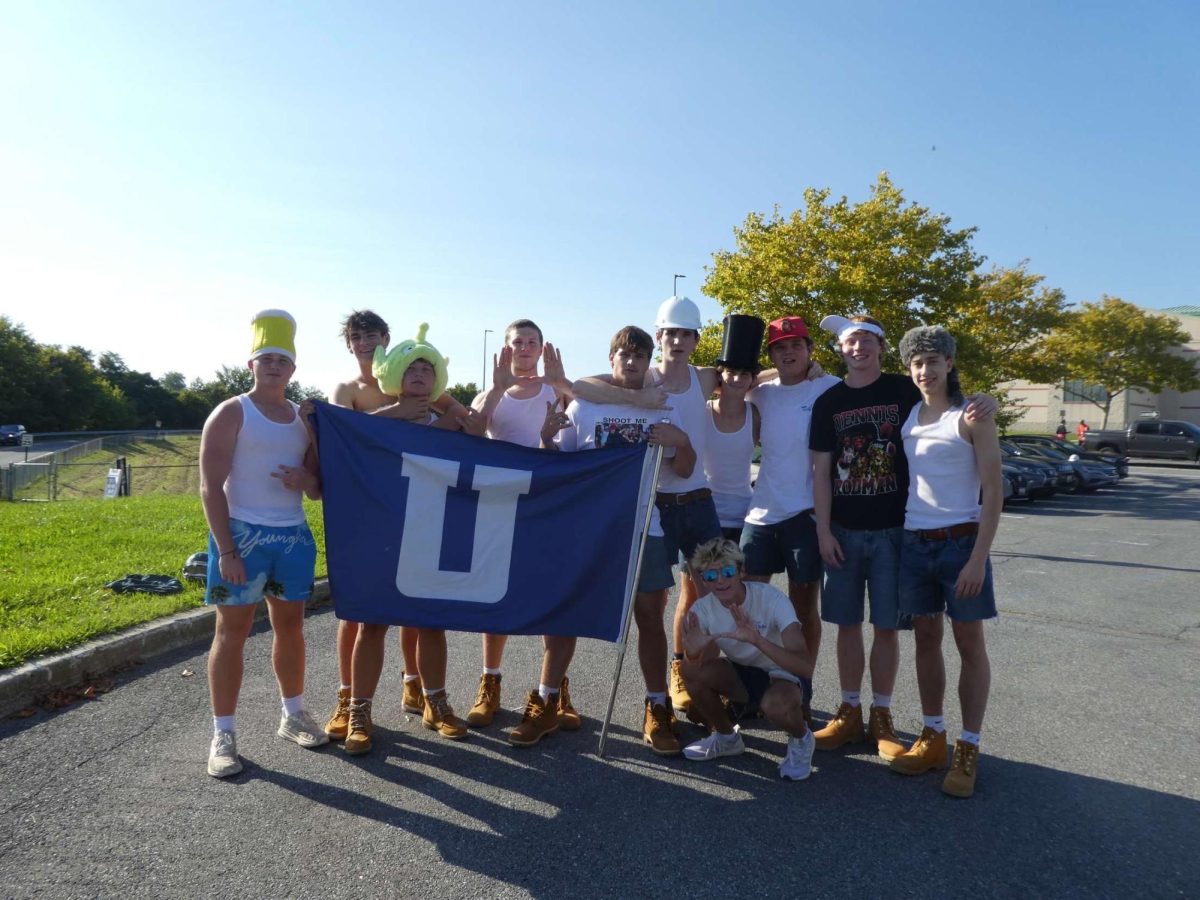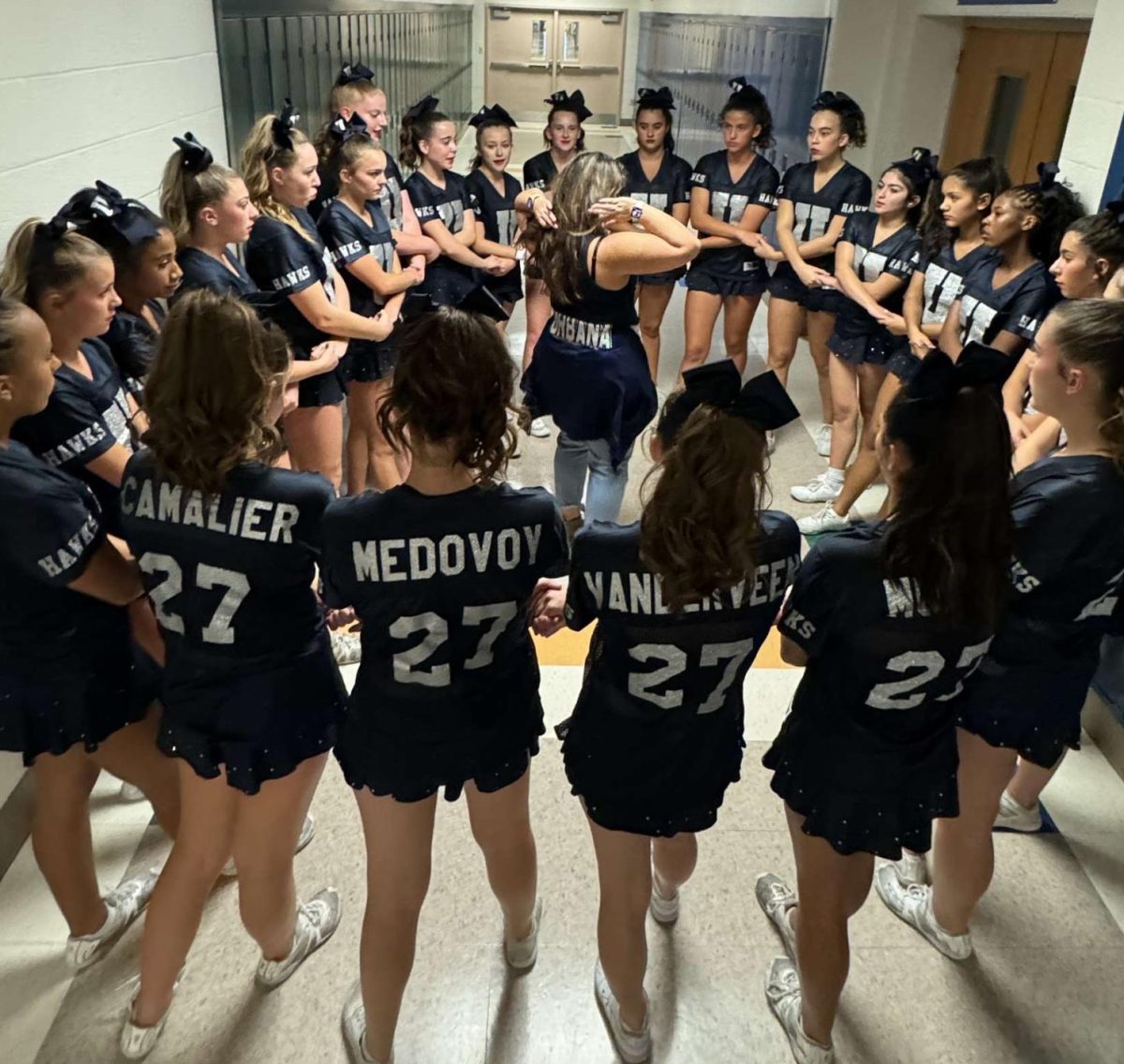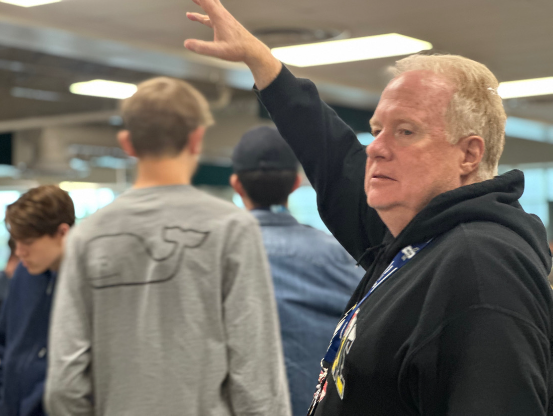Spreading Awareness On Sexual Harassment
March 20, 2023
Have you ever been called names? Have you ever had negative or inappropriate rumors spread about you? If you have, how did you feel? Hurt? Scared? Mad?
In recent events, an issue dealing with sexual harassment has happened. In absolutely no way, shape, or form is this okay, especially in a high school filled with vulnerable teenagers.
A group of teenagers at Urbana recently made a list that called several girls a derogatory term. The term is along the lines of sexual harassment. Sexual harassment leads to sexual assault. Some of the girls responded to this by reporting it but the person who made it only got let off with a warning and continued to make jokes about the issue. They weren’t given consequences, nor were they educated on why this isn’t okay to do.
The making of this list is also a form of bullying. Urbana is meant to be a safe space and faculty and staff have always tried to make sure people understand that this is a place for anti-bullying. One of the girls that was included on this list said that she was given detention for cyberbullying someone in the past. She said that “It’s not fair how I received consequences for a similar offense but the guy who made the list was only let off with a warning.”
Another one of the girls said that “[They] should’ve gotten more than just a warning because this school takes bullying and harassment seriously but they didn’t take this seriously.”
According to EEOC, sexual “harassment does not have to be of a sexual nature, however, and can include offensive remarks about a person’s sex.”
The list was making an offensive remark about a person’s sex. Sexual harassment can be considered illegal and for the creator to receive nothing but a warning is not okay. We need to spread awareness about sexual harassment and why it isn’t okay. If we do this, we can set ourselves up for a better future.
Teenagers are susceptible to peer pressure and if we let teenagers continue to say these things, more of them will do it. If we teach them why they shouldn’t say these things, more of them will stop saying these things.
The World Education Blog says that sexuality education classes can teach people “how to negotiate the terms of their sexual activity, what to do if there is sexual pressure from someone, to understand the importance of consent and also how to resist peer pressure to accept violence.”
Maybe if we did more research on sexual harassment and taught more about it in health classes, it could lead to the decline in and prevention of sexual harassment or sexual assault cases in the future because “it promotes attitudes among students that are based on understanding and mutual respect.”
Nobody wants to be spoken about in that way. Especially in an environment where we are supposed to be learning and surrounded by positivity. Sexual harassment and bullying is a problem we can solve in school, the place where we learn.







